Election 2025: Peter Dutton’s vehicles emissions promise gives voters fuel for thought
Peter Dutton will ramp up his cost-of-living pitch for families by vowing to repeal penalties for car companies under Labor’s vehicle emissions standards.
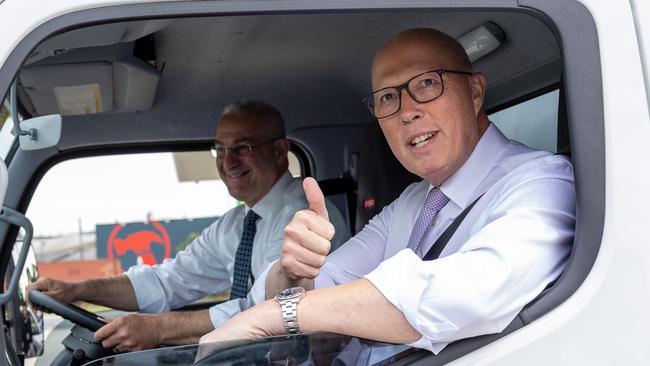
Peter Dutton will ramp up his cost-of-living pitch to families by vowing to repeal penalties for car companies under Labor’s vehicle emissions standards, as Energy Minister Chris Bowen admits predicting electricity prices is like “making a punt”, in his strongest admission yet it was a mistake to go to the last election promising a $275 reduction in household bills.
As revealed in The Australian last week, the Opposition Leader will on Friday unveil an election promise to abolish fines for car makers that do not lower the carbon footprint of their fleet in line with targets under Labor’s New Vehicle Efficiency Standard.
“This is a tax on families who need a reliable car and small businesses trying to grow. Instead of making life easier, Labor is making it harder and more expensive,” Mr Dutton said. “We want cleaner, cheaper cars on Australian roads as we head towards net zero by 2050, but forcing unfair penalties on car makers and consumers is not the answer.”
The Coalition’s move on vehicle-emissions rules comes as it is forced to declare it is committed to the Paris Accord, after opposition energy spokesman Ted O’Brien left the door open to a Dutton government leaving the international climate change agreement if it was in the “national interest”.
When asked if the Coalition would leave Paris if a review showed it was in the national interest, Mr O’Brien said: “I can commit that we will always act in the national interest and we will be upfront with the Australian people”.
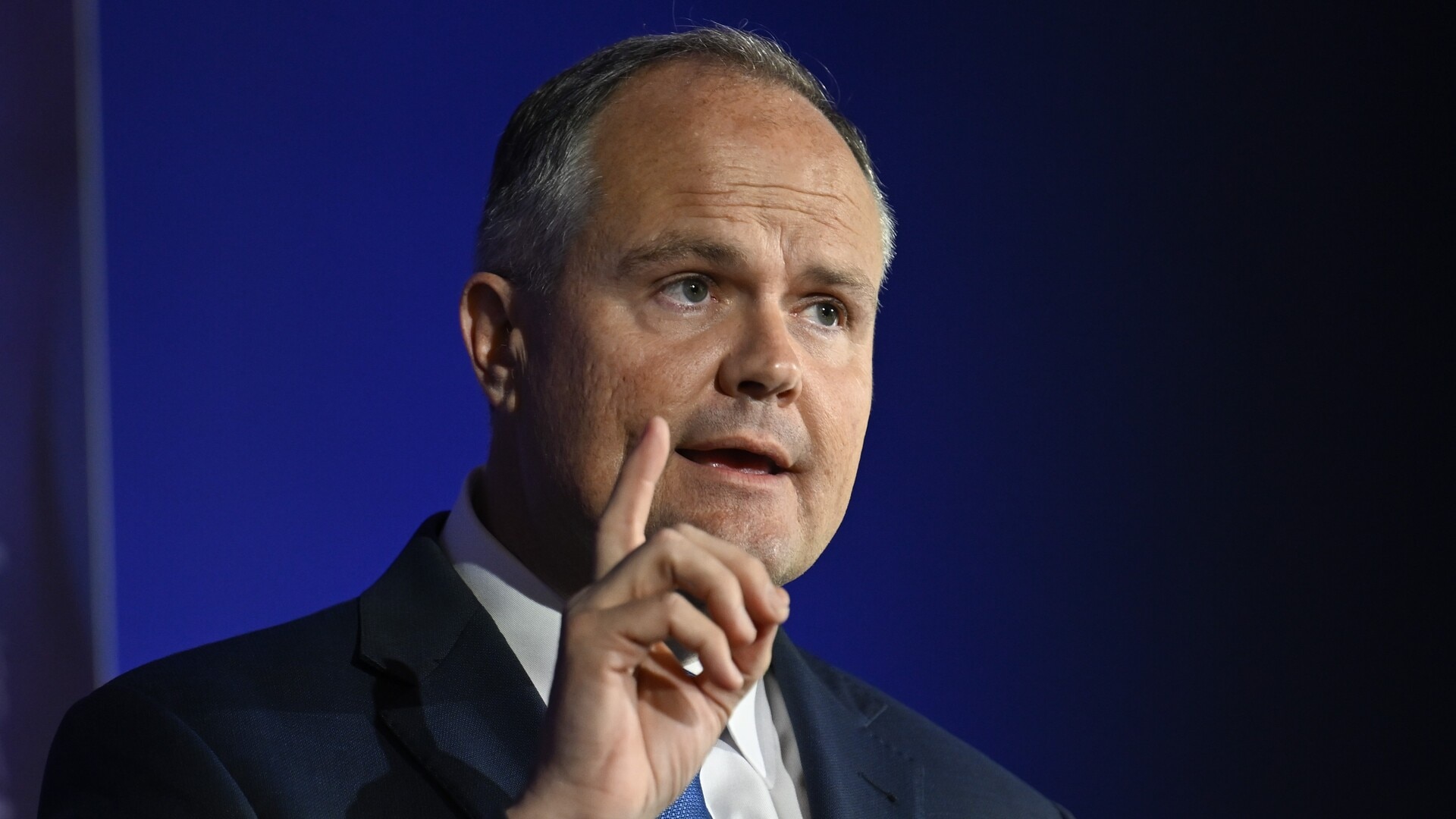
After making the comments at a National Press Club debate with Mr Bowen, Mr O’Brien clarified that the Coalition was “committed to the Paris Agreement, including net zero by 2050”.
“But under Labor’s trajectory, Australia’s chances of hitting the 43 per cent target by 2030 is pure fantasy,” he said. “Unlike Labor, we’ll be upfront with Australians about how we assess these factors and how they shape our targets.”
Mr O’Brien refused to say if the Coalition would lower Australia’s 2030 target if it is elected.
Mr Dutton has said a Coalition government would not abide by Labor’s target to lower emissions by 43 per cent of 2005 levels by 2030, but it is unclear how this will be practically implemented.
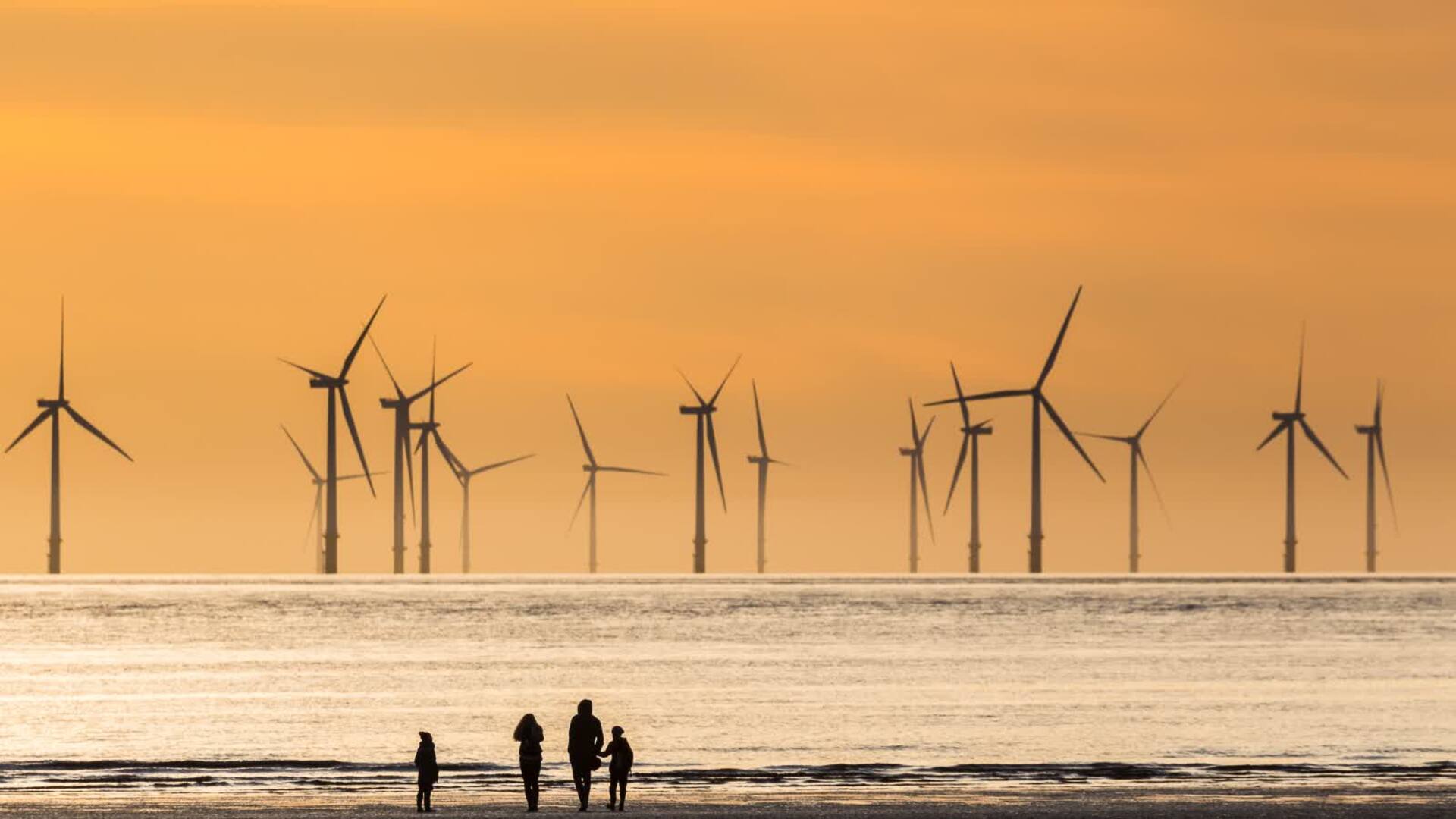
Labor and the Coalition are refusing to reveal a 2035 emissions reduction target ahead of the election, despite this having to be decided later this year under the Paris agreement. The Coalition also will not commit to a 2030 target from opposition.
Mr O’Brien declined to say whether a Coalition government would seek to lower Australia’s 2030 commitment at the next UN Climate Change Conference, with some experts warning this was not possible under the rules of the Paris Accord. “We will not be setting targets from opposition,” Mr O’Brien said.
With Labor facing pressure over a broken promise to lower electricity prices by $275, Mr Bowen again declined to vow to bring household bills down if Labor is re-elected.
“The pledge I give is that energy prices will be cheaper under us than under Mr O’Brien, because that is what we can state categorically based on the two plans,” Mr Bowen said. “Anybody who predicts energy prices in this very complicated geopolitical environment, I think, is making a punt. So I’m not going to do that.”
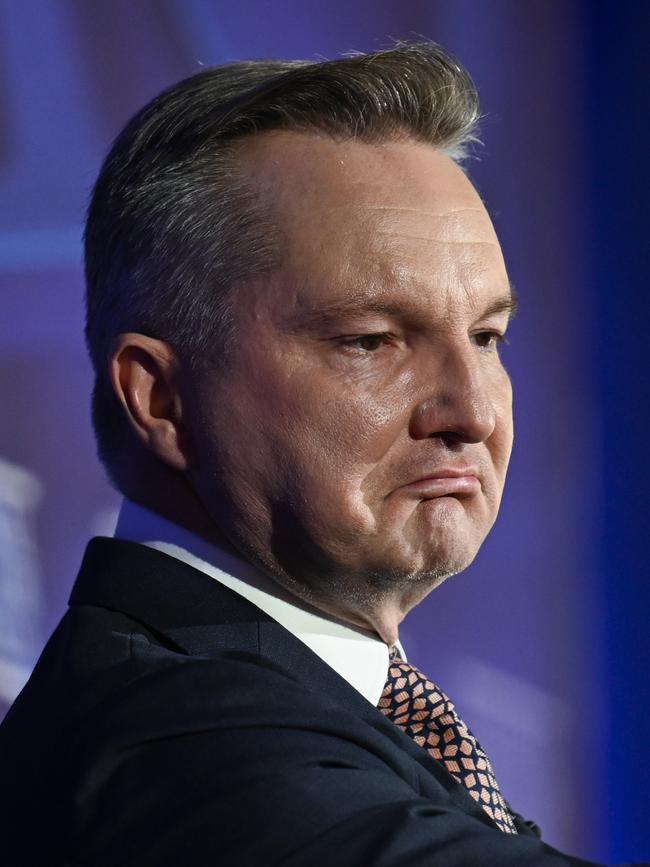
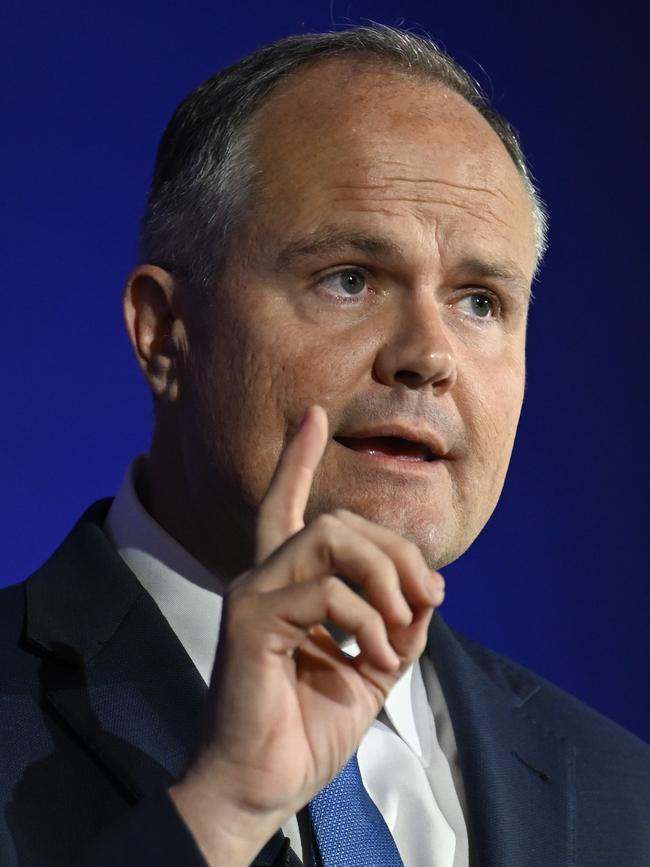
While Anthony Albanese and his senior ministers have refused to apologise for the broken election promise on electricity prices, Mr Bowen conceded Labor made commitments ahead of the last election that were not met.
“That is correct,” Mr Bowen said, while making a point of shifting blame onto the Coalition.
“We said things before the last election, Angus Taylor said things at the 2019 election that missed by a country mile as well.”
The Coalition has released modelling claiming its policy to bring on more domestic gas supply will reduce electricity bills by 3 per cent next financial year.
On the first weekend of the election campaign, Mr Albanese distanced his government from the modelling undertaken by RepuTex ahead of the 2022 election, which underpinned Labor’s entire energy policy. This is despite Labor retaining the key targets it plucked out of the RepuTex modelling, including its 43 per cent emissions target and 82 per cent by 2030 renewables target.
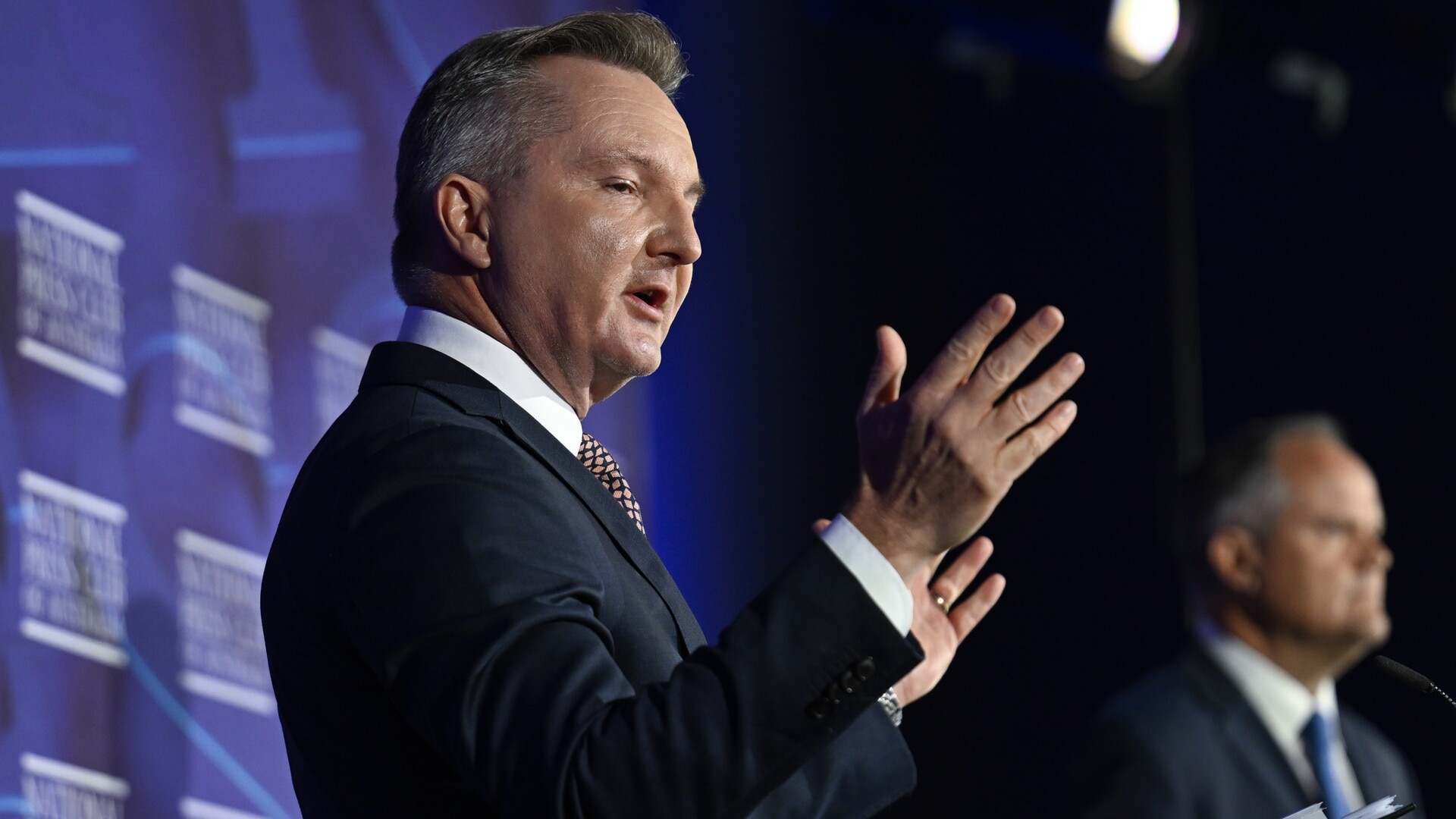
With energy experts, business groups and the Climate Change Authority warning the renewables target is not on track, Mr Bowen justified keeping it on the basis of analysis by the Clean Energy Council, a renewables lobby group.
Mr Dutton’s decision to axe penalties from the vehicle emissions scheme comes as motoring groups warn the price of petrol cars will increase when fines are scheduled to begin from July.
Mitsubishi Motors Australia is among leading brands calling for the targets in the scheme to be less aggressive. GWM Australia last month told carsales.com.au the NVES would force up the price of its popular Jolion SUV.
Mr Bowen said last week the price of petrol cars would not increase under the policy.
Opposition transport spokeswoman Bridget McKenzie said Labor’s policy ignored the fact that electric vehicles were not the cars many drivers wanted.
“By making petrol and diesel SUVs and utes more expensive, Labor will force families to keep older, less efficient and less safe vehicles on the road for longer,” Senator McKenzie said. “A Coalition government will work with industry, not against them.”


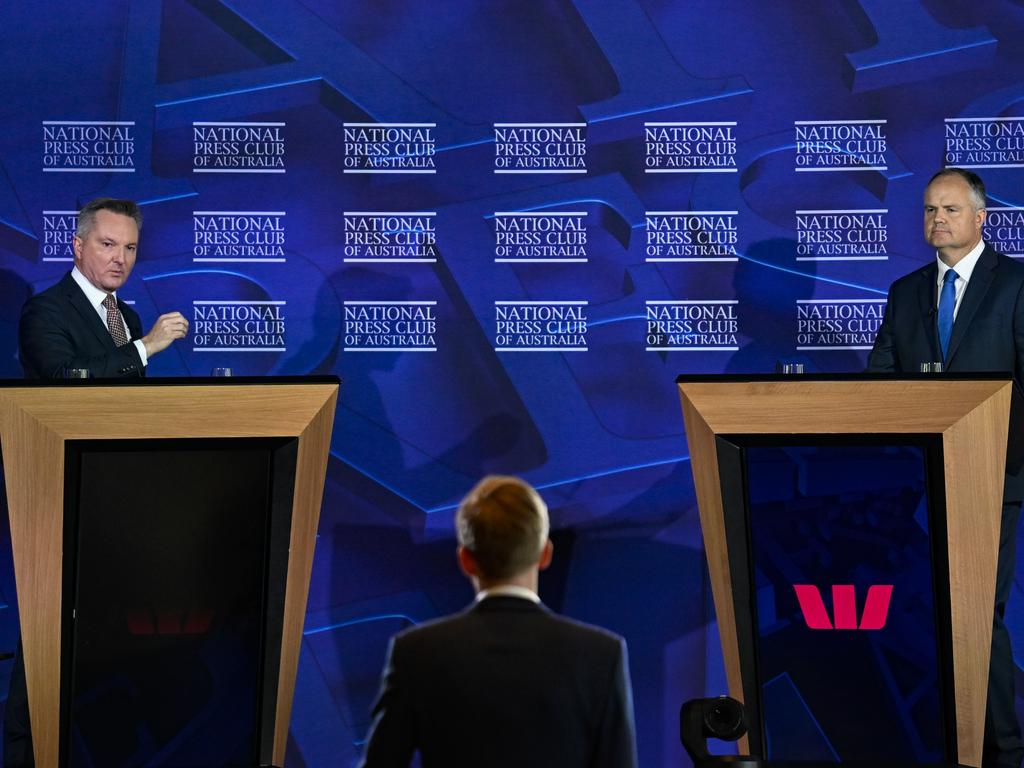
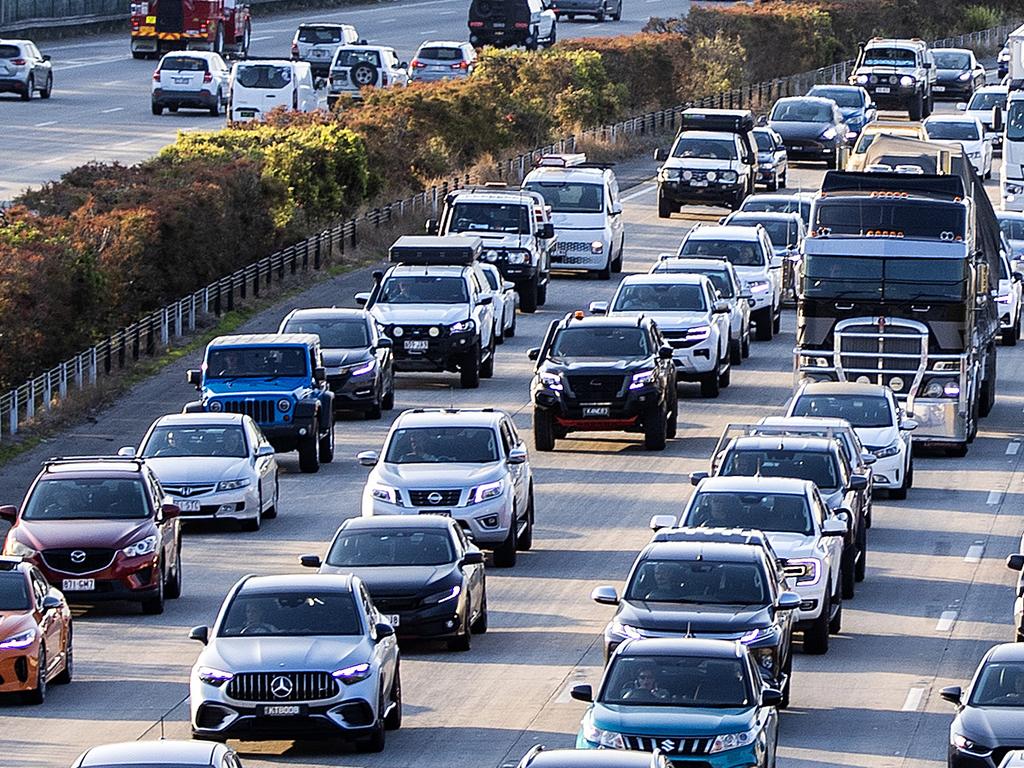


To join the conversation, please log in. Don't have an account? Register
Join the conversation, you are commenting as Logout